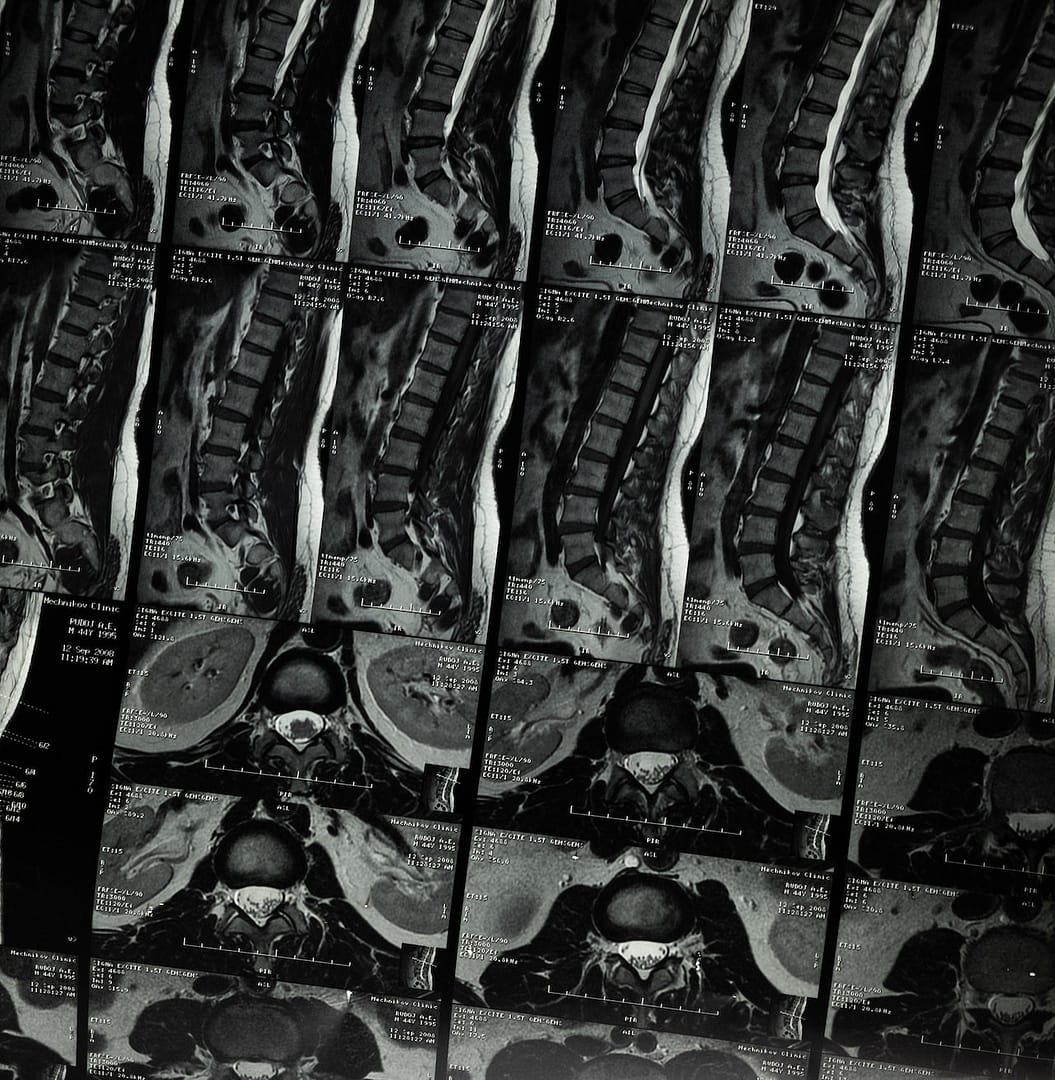In the world of medicine, spinal cord injuries can be devastating, causing a wide array of physical and emotional challenges for those affected. This article delves into the consequences of a mild spinal cord injury, exploring what it can lead to and the dangers it poses. We’ll examine the potential impacts on daily life and the importance of early intervention and proper care. We will also examine the best steps to take when making a serious injury claim.
Understanding Spinal Cord Injuries
Before we delve into the consequences, let’s begin by understanding what spinal cord injuries are. The spinal cord is a vital component of our central nervous system, responsible for transmitting signals between the brain and the rest of the body. It is a complex structure, delicate in nature, and plays a pivotal role in our mobility and overall functionality.
What Do Spinal Cord Injuries Usually Lead To?
Spinal cord injuries, irrespective of their severity, can have profound consequences. When we talk about mild spinal cord injuries, we refer to injuries that do not lead to complete paralysis but still affect the individual’s life significantly. These injuries often result from trauma, accidents, falls, or other unforeseen circumstances.
Mild spinal cord injuries typically lead to:
Loss of Sensation: One of the most common consequences of a mild spinal cord injury is a loss of sensation in the affected area. It might start with numbness and tingling, eventually progressing to a diminished ability to feel temperature, pressure, or pain.
Muscle Weakness: These injuries can result in muscle weakness. This weakness might affect mobility, making it difficult to perform routine tasks or participate in physical activities.
Impaired Mobility: Mild spinal cord injuries can hinder a person’s mobility to varying degrees. It may result in difficulty walking or require the use of assistive devices like canes or braces.
Bowel and Bladder Issues: The control over bowel and bladder function may be compromised. This can lead to incontinence or difficulty in managing these bodily functions.
Chronic Pain: Many individuals with mild spinal cord injuries experience chronic pain in the affected area. This pain can be persistent and challenging to manage.
Reduced Quality of Life: The combination of these consequences can significantly impact an individual’s overall quality of life, making daily activities and personal relationships more challenging.
The Dangers of a Spinal Cord Injury
Understanding the dangers associated with a spinal cord injury is crucial, as it emphasises the importance of taking preventive measures and seeking immediate medical attention in case of an injury.
The Risk of Complications
Spinal cord injuries, even when classified as mild, carry the potential for complications. The risk factors include:
Pressure Sores: Immobility can lead to pressure sores, which are painful and difficult to treat.
Respiratory Issues: Spinal cord injuries can affect the muscles used for breathing, which may result in respiratory problems.
Blood Clots: Reduced mobility can increase the risk of blood clots, which may be life-threatening if they travel to the lungs.
Infections: Individuals with spinal cord injuries are more susceptible to infections, which can further complicate their health.
Emotional and Psychological Impact
The consequences of a mild spinal cord injury are not limited to physical effects. The emotional and psychological impact can be equally challenging:
Depression and Anxiety: Adjusting to a life with limited mobility and bodily changes can lead to depression and anxiety.
Social Isolation: Individuals with spinal cord injuries might face isolation, as their ability to participate in social activities may be restricted.
Impact on Relationships: These injuries can strain personal relationships as both the individual and their loved ones navigate the challenges together.
Loss of Independence: The loss of mobility and independence can be emotionally distressing for those affected.
Preventive Measures and Early Intervention
Preventing spinal cord injuries is the best course of action. This can be achieved by practising safety measures in various aspects of life:
Traffic Safety: Always wear seat belts in cars and helmets while biking or motorcycling. Adhering to traffic rules and not engaging in reckless driving is crucial.
Fall Prevention: In homes and workplaces, ensure safety measures like non-slip flooring, handrails, and proper lighting to minimise the risk of falls.
Sports Safety: When participating in sports or physical activities, use appropriate safety gear and follow the rules.
Workplace Safety: Employers should prioritise workplace safety, provide necessary training, and ensure that employees have access to safety equipment.
In cases where a spinal cord injury does occur, early intervention and proper care are essential to mitigate its consequences. Quick medical attention and rehabilitation can make a significant difference in the long-term outcomes for the affected individual.
The Importance of Rehabilitation
Rehabilitation plays a pivotal role in helping individuals with spinal cord injuries regain as much function and independence as possible. It’s a comprehensive approach that addresses both the physical and psychological aspects of the injury.
Rehabilitation for spinal cord injuries typically includes:
Physical Therapy
Physical therapy focuses on improving mobility and strength. Through targeted exercises, individuals can regain muscle function, learn adaptive techniques, and enhance their overall physical well-being.
Occupational Therapy
Occupational therapy aims to help individuals perform everyday activities and regain their independence. This can include learning how to manage self-care, household tasks, and work-related responsibilities.
Psychological Support
Dealing with a spinal cord injury is emotionally challenging. Psychologists and counsellors are an integral part of rehabilitation to provide emotional support, coping strategies, and guidance in adjusting to the new circumstances.
Assistive Devices
Rehabilitation may involve the use of assistive devices such as wheelchairs, braces, or communication aids to enhance the individual’s mobility and communication.
Pain Management
Chronic pain is a common consequence of spinal cord injuries. Pain management strategies are essential to improving the individual’s comfort and overall quality of life.
A New Chapter: Life After a Mild Spinal Cord Injury
Life after a mild spinal cord injury can be a new chapter, with its unique set of challenges and triumphs. While there are undoubtedly obstacles to overcome, individuals with such injuries often demonstrate remarkable resilience and adaptability.
Adapting to Change
One of the most remarkable aspects of the human spirit is its capacity to adapt. Many individuals with mild spinal cord injuries find new ways to engage in activities they once enjoyed. They might take up adaptive sports, hobbies, or even continue their careers in modified roles.
Support Networks
The support of family, friends, and support groups can be invaluable in this journey. These networks provide emotional support, information, and a sense of community for those facing similar challenges.
Advocacy and Awareness
Some individuals choose to become advocates for spinal cord injury awareness and research, using their experiences to make a difference for others.
Technological Advances
Advancements in medical technology and assistive devices have made significant improvements in the quality of life for people with spinal cord injuries. From exoskeletons that enable mobility to innovative communication devices, technology continues to open doors for individuals with these injuries.
Making a Serious Injury Claim with National Claims
At National Claims, we understand that dealing with the consequences of a mild spinal cord injury can be overwhelming. Our team of experts is here to guide you through the process of making a serious injury claim, ensuring you receive the support and compensation you deserve.
How National Claims Can Help
Expert Legal Guidance: Our experienced legal team specialises in personal injury claims, including those related to spinal cord injuries. We will provide you with expert legal guidance to ensure your claim is handled professionally.
Investigation and Evidence Gathering: We understand the importance of collecting and preserving evidence to support your case. Our team will investigate the circumstances surrounding your injury to build a strong case on your behalf.
Negotiation with Insurance Companies: Dealing with insurance companies can be complex and daunting. National Claims will handle all negotiations with the insurance company, ensuring you receive a fair and just settlement.
Access to Medical Experts: Spinal cord injuries often require ongoing medical care. We can connect you with the best medical experts who will assess your condition and provide reports to support your claim.
Maximising Compensation: Our primary goal is to maximise your compensation. We understand the financial burdens that come with a spinal cord injury, and we will work tirelessly to ensure you receive the compensation you need to cover medical expenses, rehabilitation, and other associated costs.
Emotional Support: Dealing with a spinal cord injury can be emotionally taxing. National Claims provides emotional support throughout the claims process, ensuring you are not alone in this journey.

Conclusion
In conclusion, a mild spinal cord injury can lead to a range of consequences, affecting an individual’s physical, emotional, and psychological well-being. However, with the right support, early intervention, and access to proper rehabilitation, individuals can adapt to their new circumstances and lead fulfilling lives.
National Claims is here to support you every step of the way if you’re dealing with the aftermath of a spinal cord injury. We’re dedicated to ensuring you receive the compensation and care you deserve, helping you navigate the legal aspects of your injury claim, and connecting you with the right experts.
Remember that while a spinal cord injury can be life-altering, it doesn’t have to be life-defining. With determination, support, and access to the right resources, individuals can overcome the challenges and embark on a new chapter filled with hope and possibilities.
Contact us to get a start on your claim and find out more about how we deal with serious injuries.
Click below to see why we are one of the most trusted claims management companies in the UK.

We’re proud of our excellent customer reviews
We thrive on delivering exceptional service and ensuring our clients’ satisfaction. Don’t just take our word for it. Check out some of our independent reviews to see what our clients have to say.
Excellent

This firm is excellent, they sorted out my car pay out and injury claim very fast, they always communicate with you all the time.

My accident case was dealt with confidence and with great result of the outcome, especially James kept me informed all the time.

I was very impressed at the way my inquiry was treated. I was listened to attentively and everything I needed to know was explained to me.






